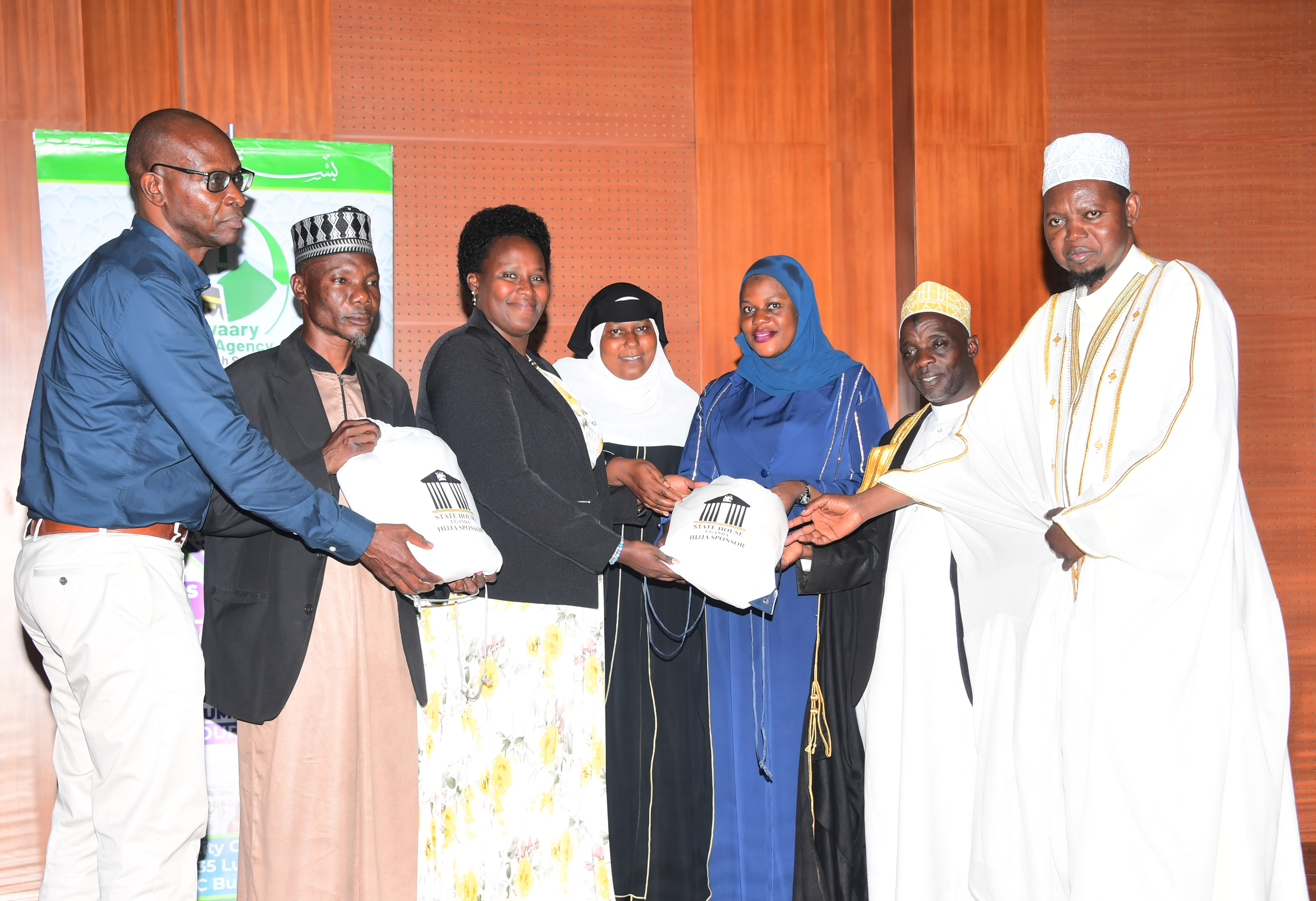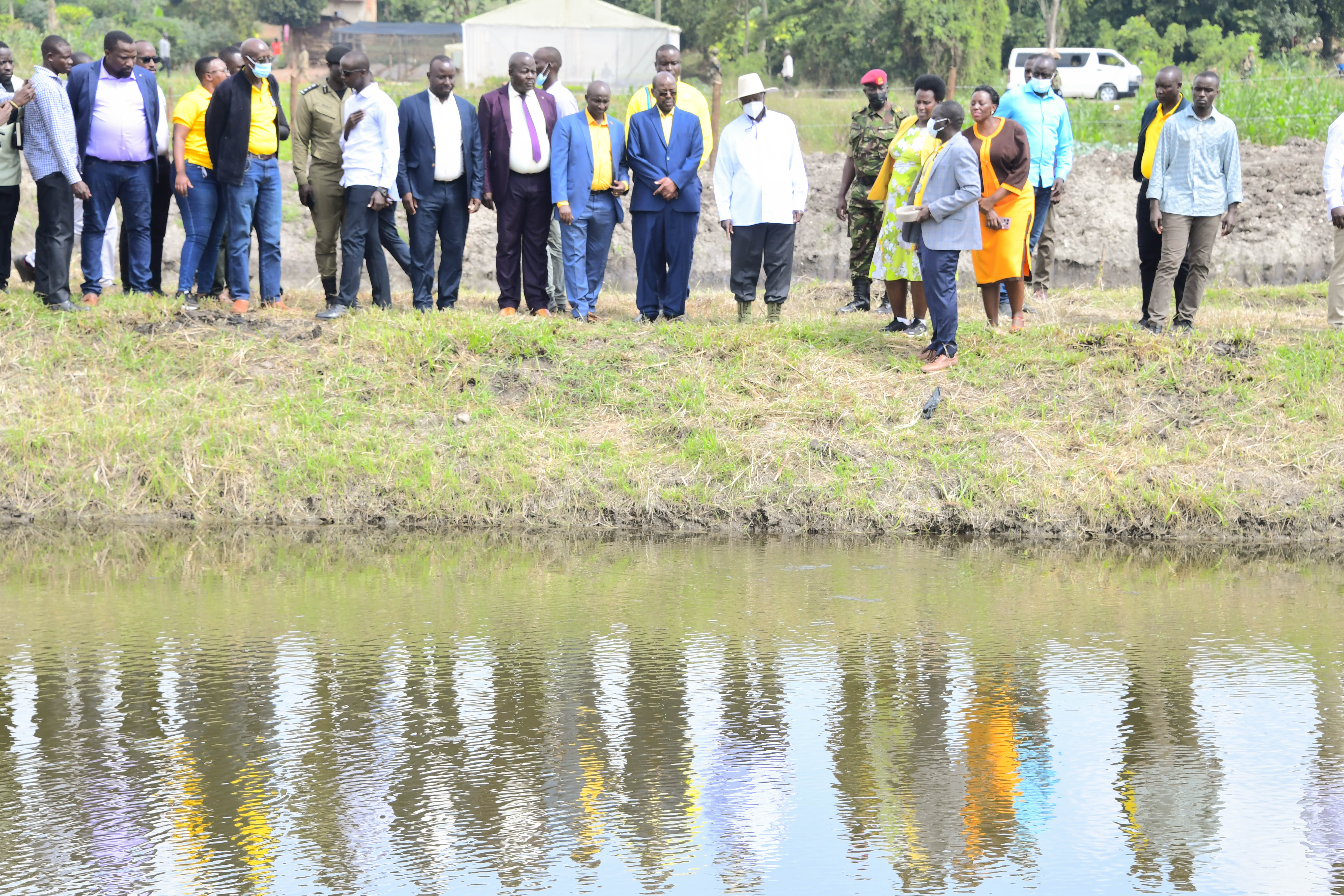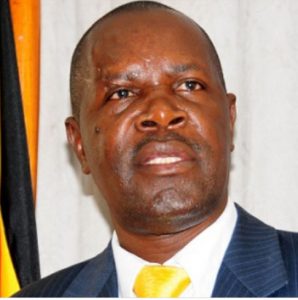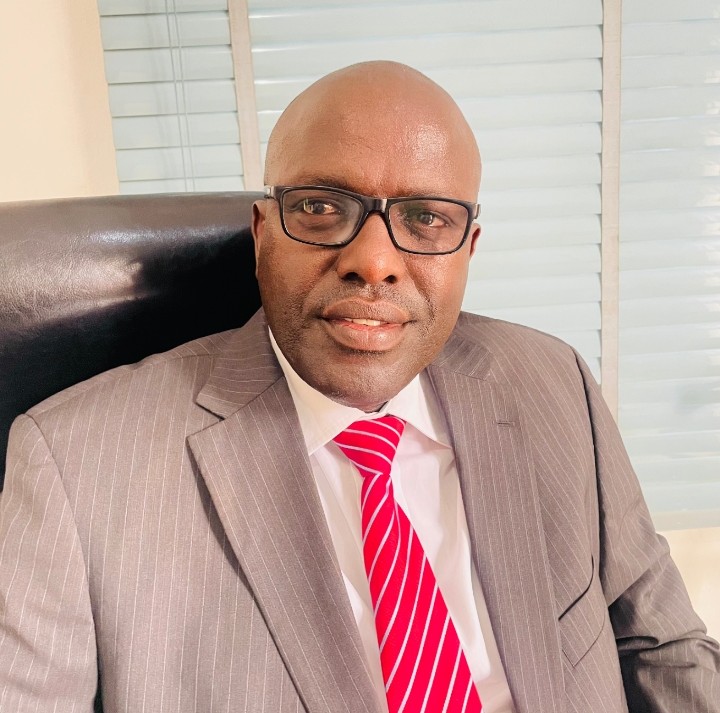
PRESIDENT MUSEVENI TASKS MUSLIMS TO PRAY FOR A PEACEFUL UGANDA
President Yoweri Kaguta Museveni has urged the Muslim faithfuls to pray for Uganda to remain peaceful. “As you embark on your pilgrimage to Mecca, pray for Uganda to remain peaceful,” he said. The President made the remarks today in his message delivered by the State House Comptroller, Ms. Jane Barekye while flagging-off 100 Muslims who are going for Hajj pilgrimage in Saudi Arabia. The flag-off ceremony took place at the Office Of the Prime Minister Conference Hall in Kampala. Hajj is a sacred pilgrimage that is required of every Muslim at least once in their lifetime – it is one of the five pillars of Islam. Each year, millions of Muslims from across the world travel to and perform Hajj in Mecca, Saudi Arabia. The Hajj of various Imams, Sheikh, Sheikats, among others, was fully-funded by the State House under the directive of President Yoweri Kaguta Museveni. Ms. Barekye also revealed that the President requested believers, especially the leaders to preach the gospel of wealth creation to ensure that Ugandans get out of poverty. Ms. Barekye further informed Muslims that if they have land, President Museveni encourages them to fight poverty through commercial agriculture. “Embrace the four acre model for those with small land Holdings. You can put coffee on one acre, another acre grow fruits, the third acre grow pasture for zero grazing, then on the fourth acre grow food crops,” she said. “But as a leader you should lead by example, create avenues of wealth creation so that people can take a leaf from you.” During the same event, Ms. Barekye delivered President Museveni's financial support of USD500 to each beneficiary which they will use as upkeep while on pilgrimage. “H.E the President also thanked you for loving God and it's the reason why he sponsored you for Hajj. Everything has been fully funded,” she noted. The Senior Presidential Advisor for Political Mobilization, Mr. Moses Byaruhanga commended President Museveni for having a listening ear and ensuring that he works for all people, especially the ordinary Ugandans. He also thanked Ms. Barekye for being a hardworking public servant who works around the clock to ensure that President Museveni’s pledges and directives to Ugandans are fulfilled. “President Museveni takes the Hajj program in high esteem, that's why he offers 100 slots each year.” He also informed the beneficiaries that President Museveni will host them for Shukuru (thanksgiving) at State House Entebbe when they come back from Hajj. Mr. Byaruhanga further urged believers to embrace President Museveni’s wealth creation programs like the Parish Development Model to fight poverty and improve their livelihoods. He assured Muslims that PDM does not contravene the Islamic teachings against riba. He said the small interest is not profit from grant, but it's meant to keep the program afloat amidst inflation challenges. The Deputy Mufti of Uganda, Sheikh Hafidh Haroon Muhammad Bukenya, on behalf of the Uganda Muslim Supreme Council (UMSC) thanked the government of Uganda and President Museveni for the continued support towards Islam. “We thank President Museveni for making this offer annually. As Muslims, we are very happy for the support from this government. They have really supported us financially and socially,” he said. “We cannot thank President Museveni enough apart from praying for him. Let us continue praying for our government and our President so that they stay in power peacefully.” Sheikh Bukenya also called upon Muslims to always respect the government and their leaders because, “Leadership comes from God”. “We pray for the good health of our President so that he can continue serving this nation.” Hajjat Mariam Namayanja, The Special Presidential Assistant in charge of Monitoring the Parish Development Model programs expressed gratitude to President Museveni for supporting the Muslims to go for Hajj annually. Sheikh Saidi Kasawuuli, the Chairman of the National Association of Imams and Duats of Uganda thanked President Museveni for loving Muslim faithfuls and always supporting them in various initiatives including funding Hajj for several muslims annually. Hajji Sadat Kisuyi, the Director of Anwaary Travel Agency which offers Hajj and Umrah services, thanked Allah for enabling the selected few to fulfil the 5th pillar of Islam. “When you go to Mecca, pray for our President and thank Allah for him. He gives Muslims in Uganda 100 Hajj slots annually,” he said.






